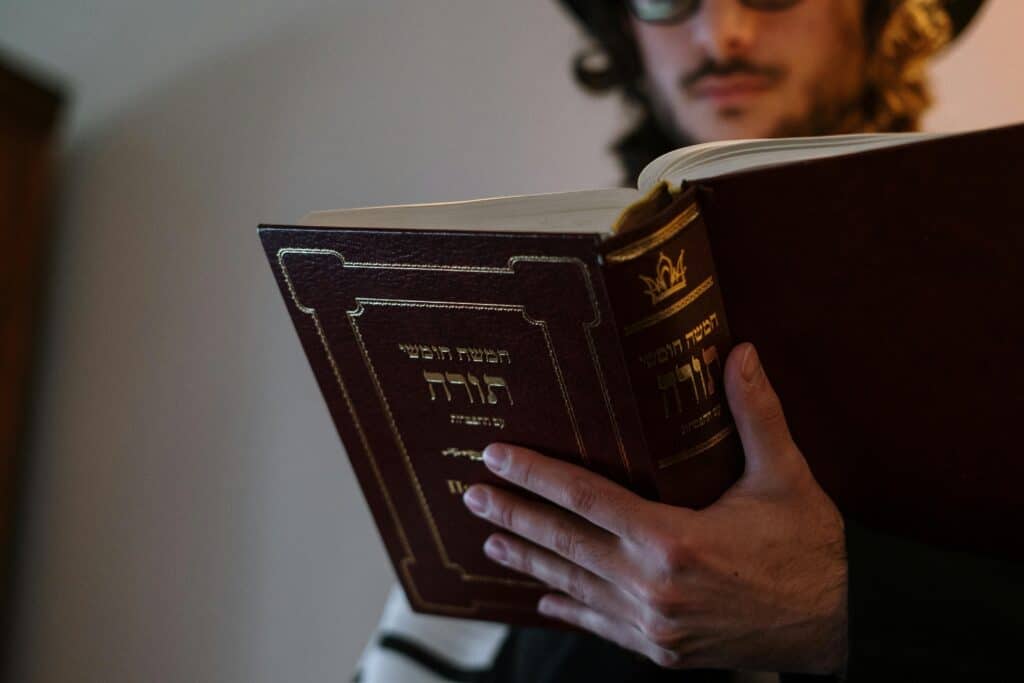What Are the Core Beliefs of Judaism?
Jewish life is more than a collection of rituals or prayers. For millions, it’s a living story passed down from generation to generation, stitched deeply into daily routines, family gatherings, and moments of reflection. Judaism isn’t just a religion—it’s a way of seeing the world filled with meaning, resilience, and a unique sense of community. At its heart, Judaism holds a few core beliefs that have guided Jewish people for thousands of years. Let’s step into these beliefs and see what brings so much warmth, tradition, and hope to Jewish life.
Belief in One God (Monotheism)
Walk into a Jewish home or synagogue, and you notice a quiet, steady faith in one God. Unlike systems with many gods, Judaism centers on a single, indivisible Creator. This belief shapes every aspect of Jewish practice and ethics.
God isn’t a distant figure. Jewish prayers are spoken daily with familiarity, as though talking to a close friend or a caring parent. In every meal, every holiday, and even in everyday greetings, this connection is clear and real. Jewish tradition stresses that every person is made in God’s image, giving each life deep value and calling for dignity and kindness in how people treat each other.
The Torah and Sacred Texts
The Torah—five books filled with stories, laws, and wisdom—is the heartbeat of Jewish faith. But it doesn’t stop there: writings like the Talmud and other sacred commentary build a deep, ongoing conversation across centuries.
These texts do more than sit on shelves. They spark questions at Shabbat tables, guide choices in work and family life, and keep memories alive. Torah scrolls are honored and celebrated with song and ceremony. By learning from these books, each generation finds new meaning while honoring their roots. Jewish law, tradition, and identity draw strength from these words.
Covenant and Community
From the first stories about Abraham, the idea of a “covenant”—a bond or agreement—stands at the center. Jews believe they are in partnership with God, marked by shared promises and responsibilities.
This bond isn’t just spiritual. It comes alive in rituals, holidays, and the way Jewish families gather. Shabbat dinners, festivals like Passover and Hanukkah, and life events such as weddings and bar/bat mitzvahs strengthen the sense of belonging. The experience is often described as carrying a precious flame, lighting the way for both themselves and future generations. Old traditions are celebrated not just out of habit, but as a living link to ancestors and descendants.
Ethical Living and the Value of Good Deeds (Mitzvot)
Doing the right thing is at the center of Jewish belief. The Hebrew word “mitzvot” means more than “good deeds.” It refers to a set of holy actions rooted in kindness, justice, and helping others.
Acts of compassion—whether sharing bread with the hungry or speaking truth—turn faith into action. Laws and traditions in Judaism aren’t just about ritual, they set a blueprint for ethical living. Many Jews grow up learning that every day brings new chances to help, heal, and make the world a little better. The ripple effect of these deeds spreads goodness within families, neighborhoods, and beyond.
Conclusion
Judaism’s core beliefs have a quiet strength. The faith in one God, the wisdom of the Torah, the deep call to community, and the daily practice of good deeds all carry a sense of purpose. These values ripple outward, shaping lives, families, and entire communities with a sense of dignity, kindness, and hope. Even as the world changes, these timeless ideas keep Jewish life vibrant, meaningful, and connected. read other resources

